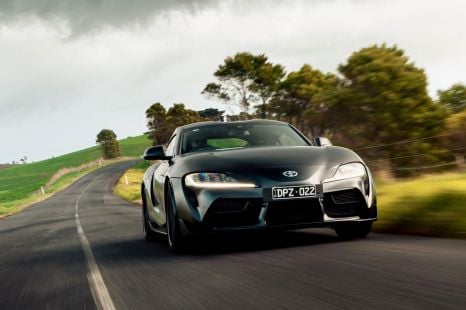

Max Davies
2025 Toyota GR Supra Track Edition review
5 Days Ago

Contributor
Hyundai Motor Company has announced a more ambitious sales goal for electric vehicles, which it says it’ll reach with the help of a second dedicated EV architecture.
Company CEO Jaehoon Chang shared his bullishly revised EV sales targets for the company in an interview with Automotive News.
In 2022, Mr Chang forecasts a global EV sales increase for its Hyundai and Genesis brands of 57 per cent to 220,000 vehicles, which is up from an expected 140,000 vehicles in 2021.
This will culminate in a revised global sales goal of 1.7 million EVs across the Hyundai, Genesis and Kia brands in 2026.
This is an extension of company’s earlier goal of one million EVs sold worldwide in 2025.
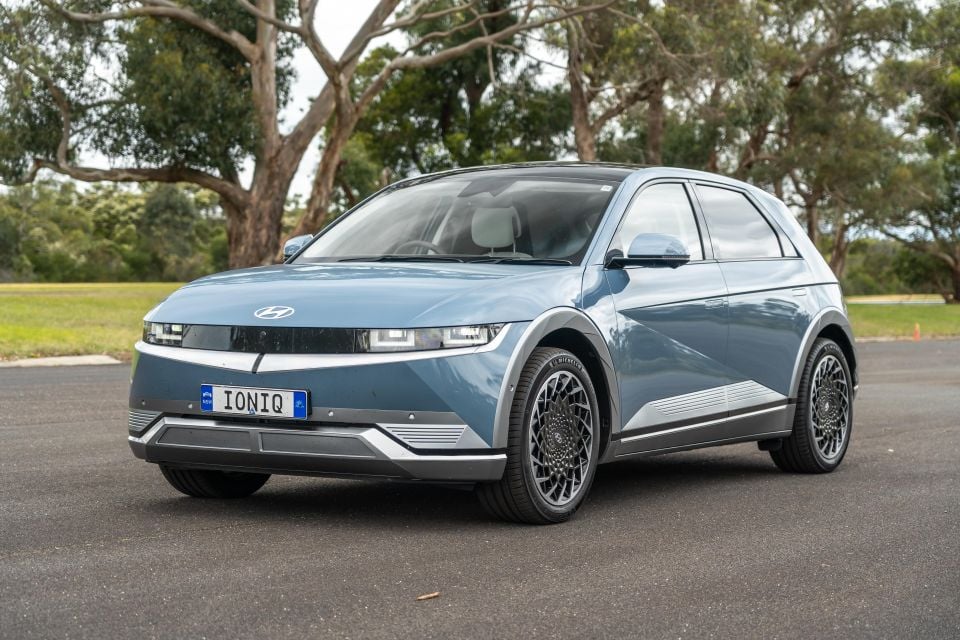
In order to achieve this goal, Mr Chang said the company will invest US$7.4 billion (A$10.35 billion) in increasing EV factory capacity in the U.S.
It’ll also introduce a new, dedicated EV architecture to join the existing E-GMP architecture.
“That’s the transition that we would like to pursue. As fast as possible,” said Mr Chang.
“We will go very aggressively on electrification.”
He didn’t provide any details about the upcoming architecture.
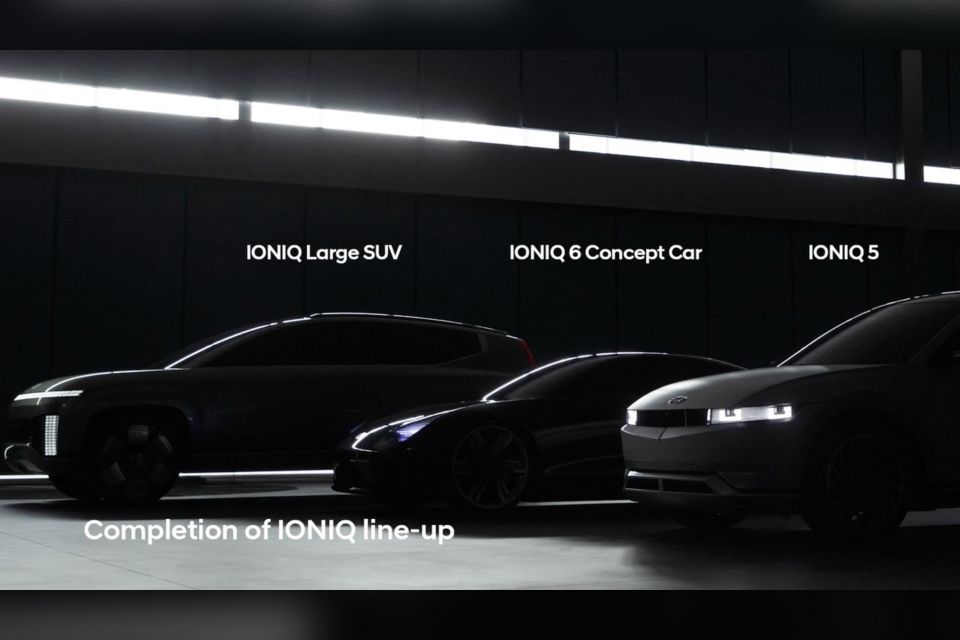
Mr Chang told Automotive News there’ll be a total of 13 Hyundai EV models on sale in 2026, which will include a broadening of the existing Ioniq range.
Hyundai currently sells the Ioniq 5 mid-sized SUV and will eventually introduce an Ioniq 6 sedan and Ioniq 7 large SUV by 2024.
It recently revealed the Seven concept, which will form the basis of the Ioniq 7, at the 2021 Los Angeles motor show.
There’s also the internal-combustion-based hybrid, plug-in hybrid (PHEV) and all-electric Ioniq models on offer locally, as well as the Kona Electric and hydrogen fuel-cell (FCEV) Nexo.
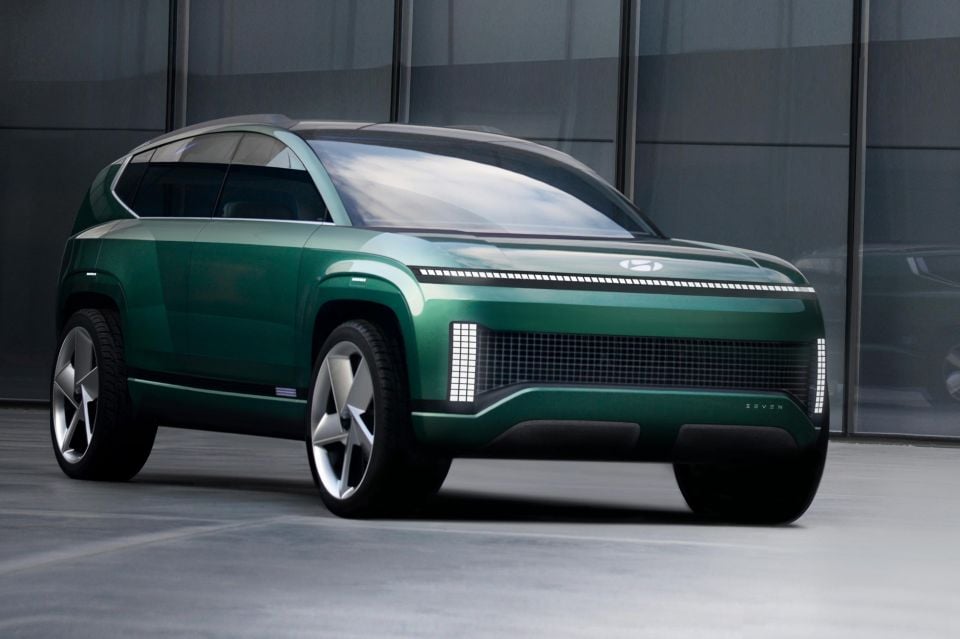
With its new EV models, Mr Chang said Hyundai will nail quality control, turn heads with sexy styling, round out a full line of crossovers and put Genesis on the premium map.
Mr Chang also admitted Hyundai has long played catch-up against global rivals, but says the work is now largely complete.
“The point is how we can be competitive by introduce new models,” said Mr Chang.
“That is our big momentum, the game-changer.”
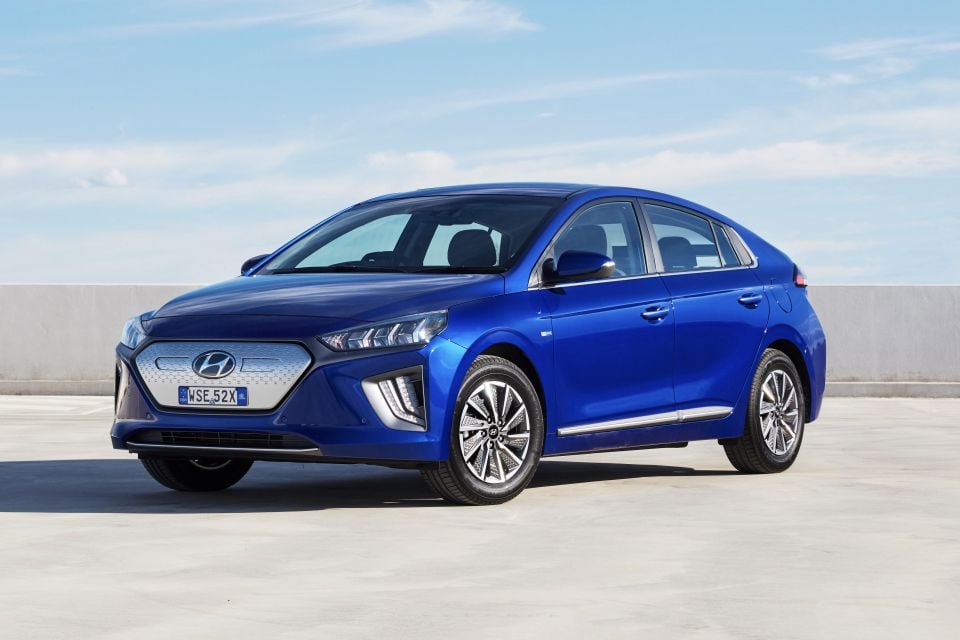
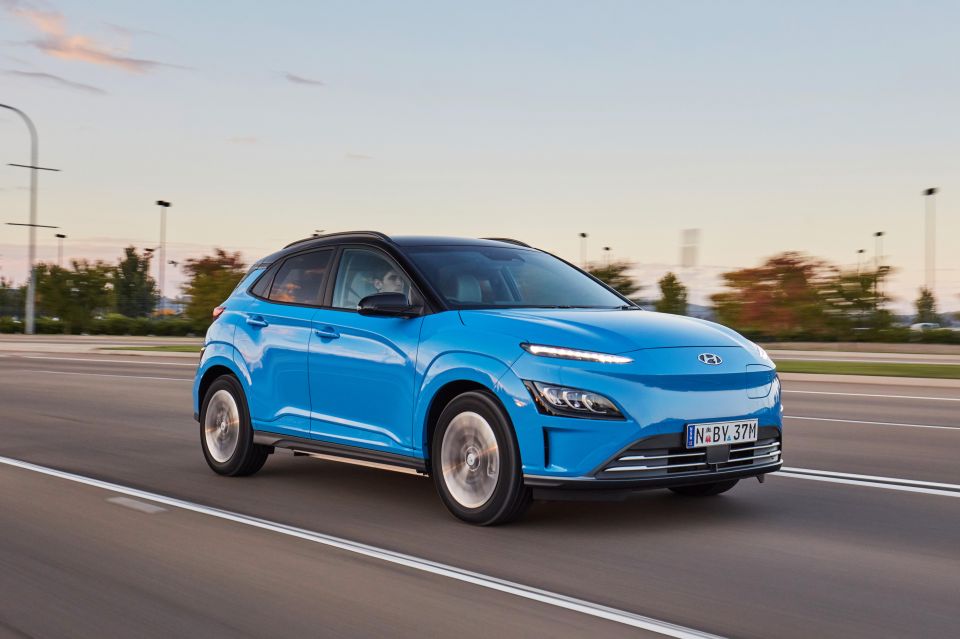
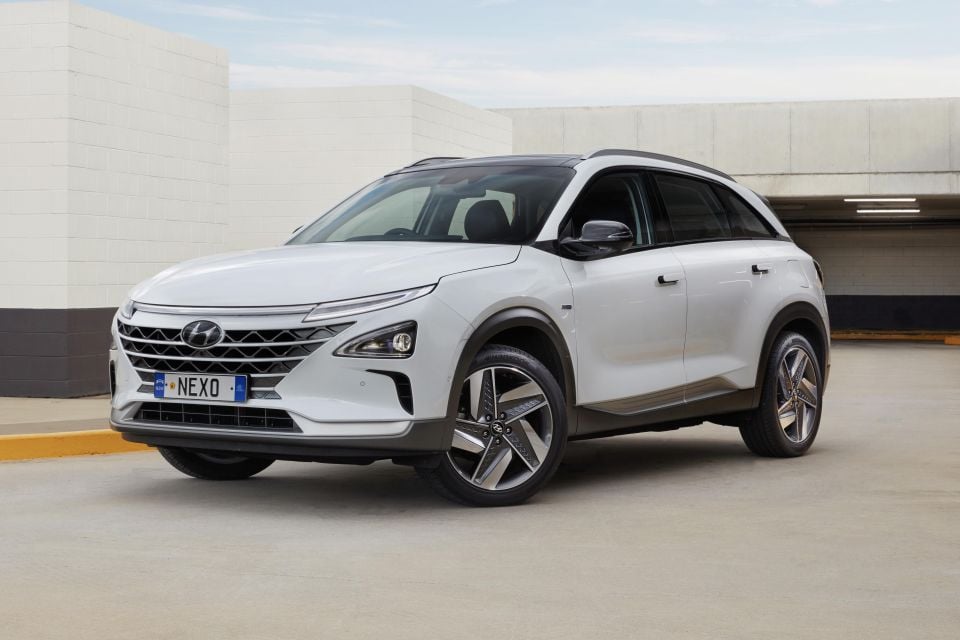
Hyundai is also looking into development of solid-state batteries, but Mr Chang admitted it’s too early to promise commercialisation by 2030.
In the lead up, the company will work on a next-generation versions of lithium-ion and lithium-metal batteries, which will be done with South Korean battery partners.
Hyundai will reportedly detail this plan officially in 2022.
In a similar style, Toyota recently announced an accelerated battery-electric vehicle (BEV) sales target by 75 per cent and now expected annual sales of 3.5 million cars by 2030.
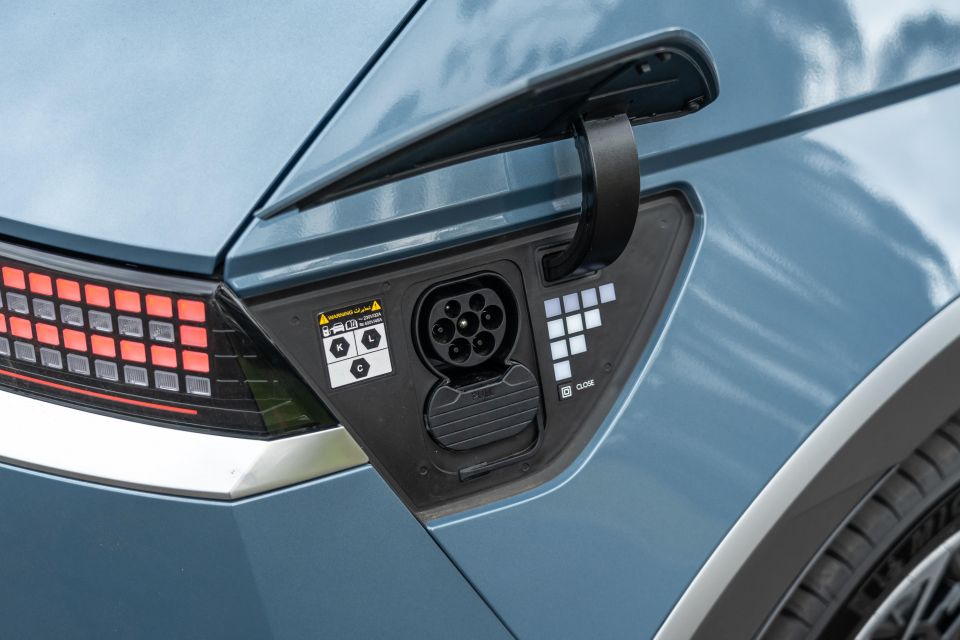
This is up from a two million target announced in May 2021.
In the same announcement, Toyota president Akio Toyoda said it’ll offer 30 BEV models globally by 2030 in passenger and commercial segments.
Looking to the future, Hyundai’s luxury division, Genesis, won’t introduce any new internal-combustion engine (ICE) vehicles after 2025.
It’s also pursuing a dual electrification strategy, pledging to have an entirely BEV and FCEV range by 2030.
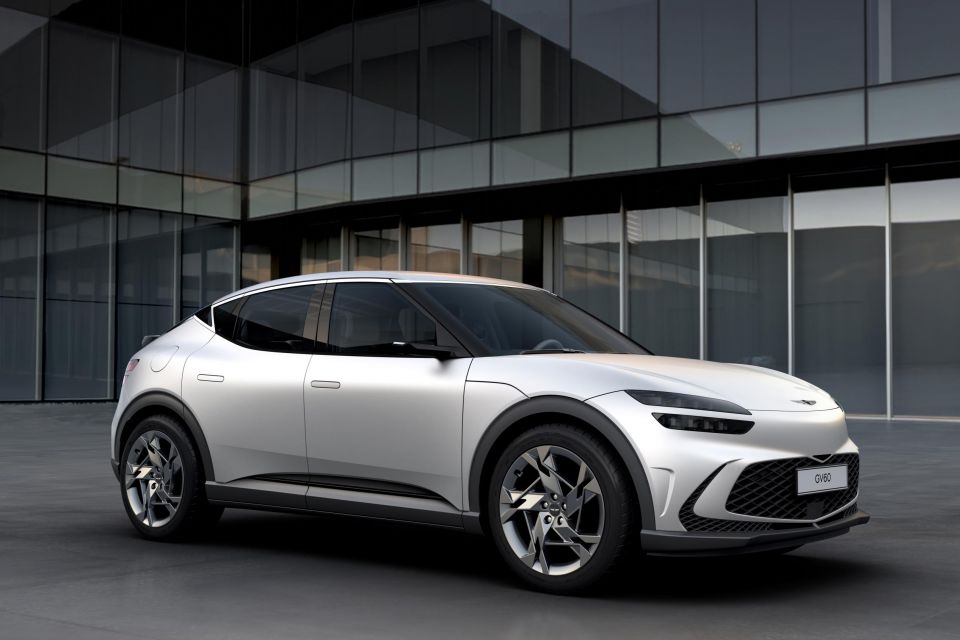
“We are focusing on EVs from now on,” said Mr Chang.
Hyundai is also ending development of all-new ICE powertrains, as initially reported by Reuters, and will upgrade existing powertrains to meet new emissions standards.
“We will align our powertrain to be applicable under the new regulations,” said Mr Chang.
“Which doesn’t mean we need to have full, new engine development.”
MORE: Hyundai’s hydrogen push: cost parity with EVs by 2030 MORE: Genesis to be electric and hydrogen-only by 2030
Where expert car reviews meet expert car buying – CarExpert gives you trusted advice, personalised service and real savings on your next new car.
Jack Quick is an automotive journalist based in Melbourne. Jack studied journalism and photography at Deakin University in Burwood, and previously represented the university in dance nationally. In his spare time, he loves to pump Charli XCX and play a bit of Grand Theft Auto. He’s also the proud owner of a blue, manual 2020 Suzuki Jimny.


Max Davies
5 Days Ago
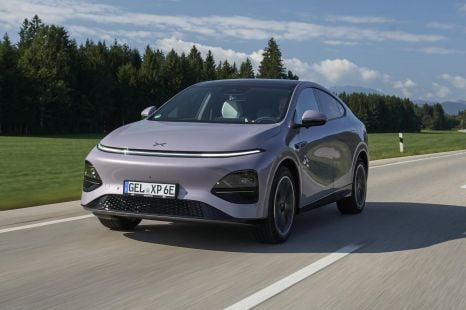

Neil Briscoe
4 Days Ago
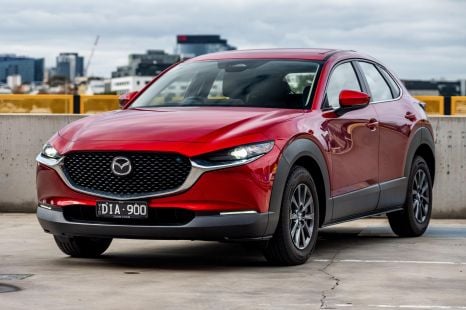

Max Davies
3 Days Ago
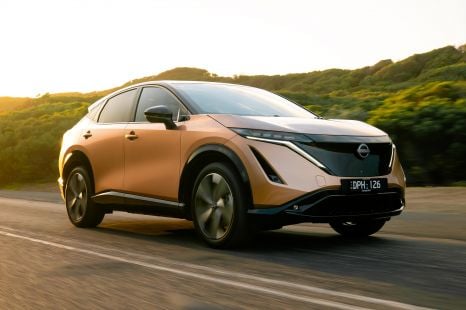

James Wong
1 Day Ago
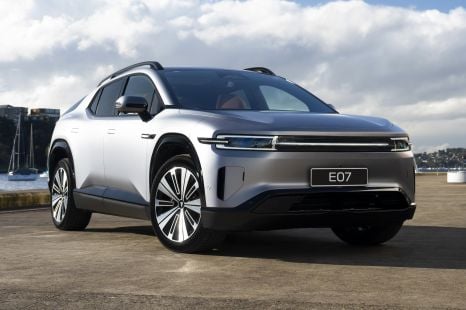

William Stopford
1 Day Ago
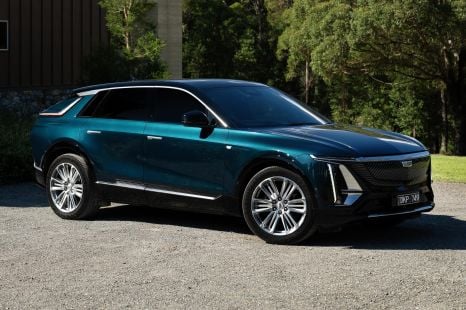

William Stopford
9 Hours Ago